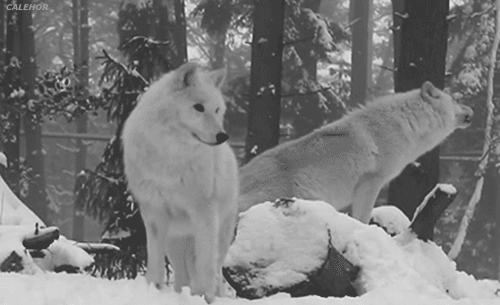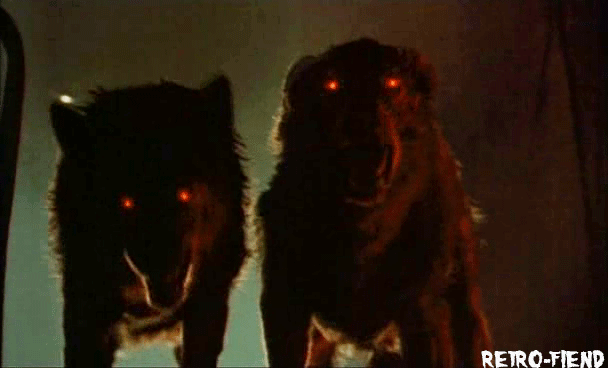I’m sure many, like me, were absolutely entranced by the idea of a solar eclipse that crossed the entirety of the United States, something that hasn’t been seen for years, and won’t be seen again for many more. With eclipse glasses, t-shirts, and other swag-related marketing campaign tactics up there with the best of them, millions upon millions of people turned to gawk at the sun on August 21. It’s safe to say that even if you weren’t directly in its path, the vanishing of the sun was still well on your radar.

For my first solar eclipse experience, I spent it on the campus of my alma mater with one of my good friends, dodging college students shirking off their studies for a few hours to enjoy the sun being swallowed up by the moon for exactly three minutes. Sitting together on the hood of her car like two teenagers out of a Lifetime movie, we looked more like we were getting ready to jet off on a long cross-country roadtrip than watching the blotting of the sun.

During the eclipse, donning our glasses and discussing how surreal it was that at one single point in the day every person living within the eclipse’s path would be staring at the sky, we were discussing how ancient civilizations might have explained the phenomenon. With the way dogs bark, farm animals panic, and silence falls across the land, we wondered what kind of mythology was once tied to total eclipses like that we were watching.
Viking
While not alone in believing the sun was being eaten alive during an eclipse, the vikings had their own spin on exactly who was at fault. As it goes, there were two wolves named Hati and Skoll, whose entire existence revolved around seeking out celestial bodies and devouring them. These celestial bodies being Sol and Mani, or the sun and the moon, aren’t the only ones the wolves hungered after — though for the time being, they’re the two we humans have to worry about.
To quote Norse-Mythology.com, “At Ragnarok, the downfall of the cosmos, they catch their prey as the sky and earth darken and collapse.”

Hindu
Similar to the lore of the Vikings, Hindus tell the story of the demon Rahu, who crashed a banquet of the gods in order to steal the immortal elixir they were lauding at the time. As Rahu takes his first sip of the stolen concoction, the sun and the moon inform the god Vishnu of his presence, and Vishnu has Rahu beheaded. But because he partook of the immortal elixir, only his body dies, and his decapitated head remains forever living.
So angry with the sun and the moon for tattling, he now chases them never endingly through the sky, and every now and then catches up, devouring them — but since he’s only a head with no body and no arms to contain them, they slip right back out and are able to escape again.

Korean
Once again, the gods just can’t contain their appetites. In ancient Korean mythology, the eclipse is caused by Bulgae, or fire dogs, that take big bites out of the sun or moon rather than the local mail delivery guy. Sent on orders of the king, the dogs chase the sun across the sky before finally catching it, and chomping into it — only to find the temperature too hot for their tastes, after which they let it go again. The same goes for the moon, except that that celestial body in particularly is just a little too cold to handle.

Chinese
Despite at the time being the world leaders in astronomy and tracking stars, the Chinese still had a hungry myth of their own including that of a giant sky dragon who would suddenly wake up from a nap amongst the stars, only to proceed to tear into the sun like an afternoon snack. In an effort to free their poor sun, people watching from the earth below would shout and scream, banging pots together and all in all just making a giant ruckus in an effort to scare away the dragon. So far, it’s worked.

While many cultures have their own explanations for why the sun vanishes every now and again, it’s obvious that they mostly seem to follow the same line of thinking: the sun is a delicious treat sought after by creatures from every corner of the world and the heavens.
Even if the creatures are not portrayed as actual animals, the responsibility is still placed on the shoulders of the gods, as was demonstrated during a solar eclipse in 585 BC in the middle of a battle between the ancient Medes and Lydians.
“The eclipse actually ended the conflict on the spot, with both sides interpreting the event as a sign of the displeasure from the gods,” leaving me to wonder if this 2017 eclipse wasn’t trying to do the same thing — but let’s not get into politics.

What other eclipse myths are you familiar with? Are there any in your own culture, or the culture of your ancestors? How do they vary between solar and lunar eclipses? Share it in the comments!
Kelsey graduated from Boise State University with a BA in Visual Arts, and is currently working as a freelance writer, while doodling anime on the side with one hand and petting cats with the other.

This is my favorite paragraph: “While many cultures have their own explanations for why the sun vanishes every now and again, it’s obvious that they mostly seem to follow the same line of thinking: the sun is a delicious treat sought after by creatures from every corner of the world and the heavens.” Funny and poetic!